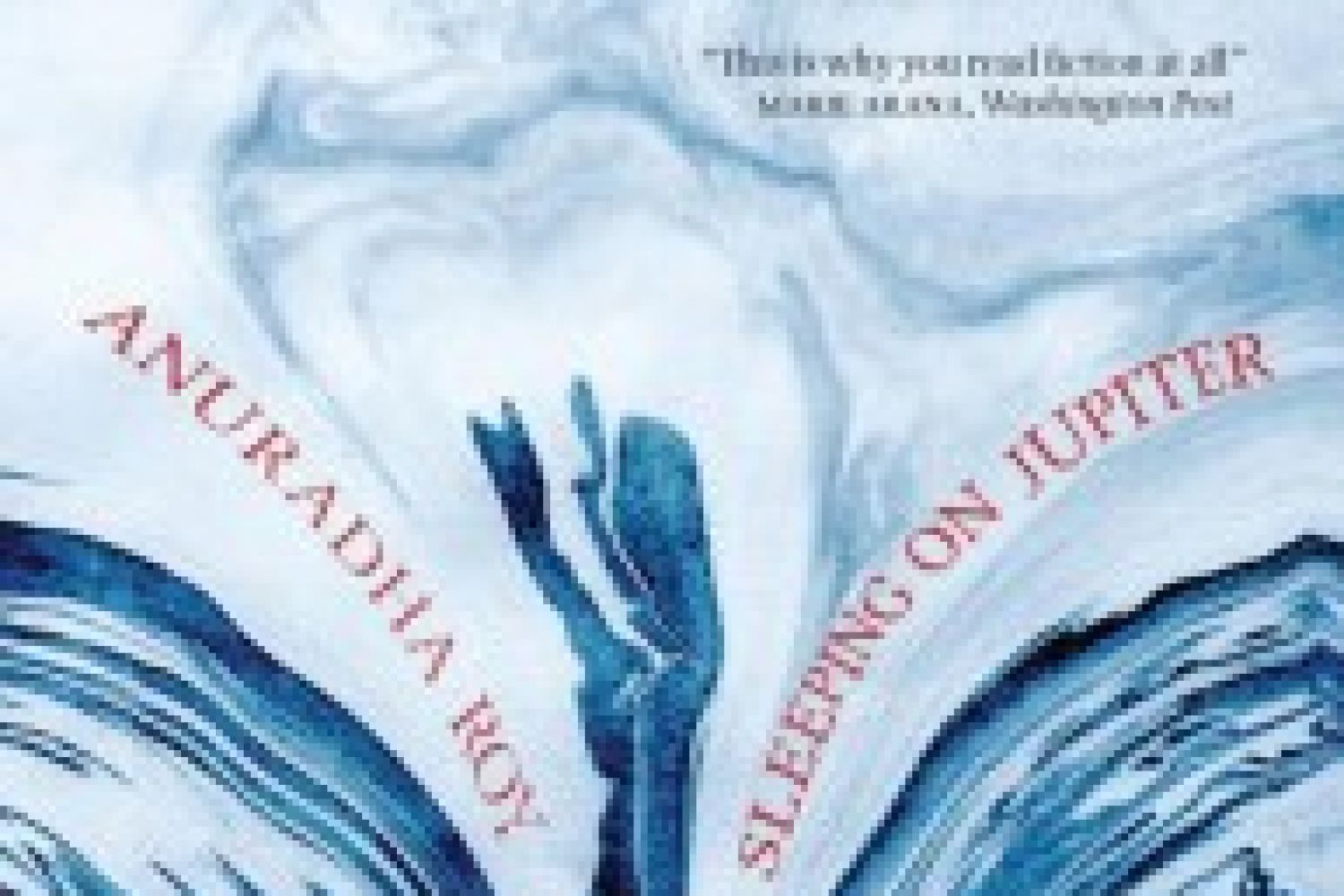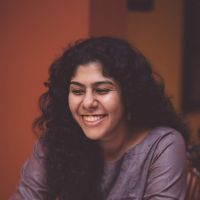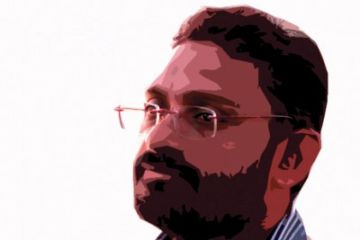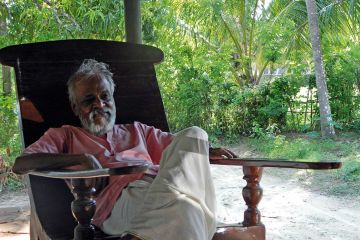
Anuradha Roy wears
several hats rather nattily. After a long career as a books editor and
journalist, she opened an independent press, whicha she runs with her husband,
Rukun Advani. She is a designer, essayist, and novelist. Her first novel, An
Atlast of Impossible Longing, which traces two forbidden romances through
several decades in the early twentieth century, was shortlisted for the
Crossword Prize 2008 and Shakti Bhatt Prize 2009. Her second novel, The
Folded Earth, which
Continue reading “‘I never thought I’d write a novel’”
Read this story with a subscription.





